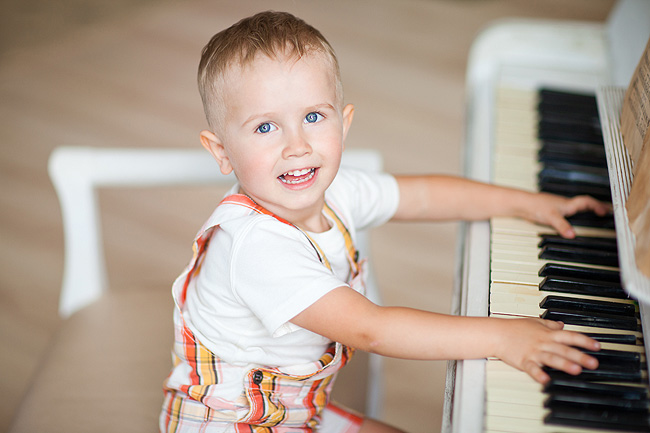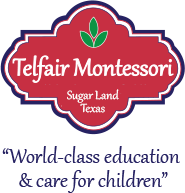Educational Overview & Philosophy

Telfair Montessori approaches teaching and learning by focusing on each child’s individual potential, talents, and level of development.
- We employ the classic Montessori Method throughout the school in which students learn in multi-age groups.
- Classrooms are thoughtfully prepared with child-size materials and teachers guide children’s work during uninterrupted blocks of time.
- Learning moves from concrete to abstract during the Lower Elementary level. Study materials reflect multiple levels of understanding, and students are encouraged to progress at their own pace. Our focus is on preparing students for successful transition into top public schools.
- We emphasize leadership, self-advocacy, and accountability in addition to ensuring self-confidence, independence, and respectfulness.
All-Rounded Development
We strive to promote all-rounded development of each child by integrating basic physical fitness, general music, and basic Spanish classes into our regular curriculum. We provide further enrichment for children by offering various extra-curricular activities. These include, but are not limited to:
- Ballet dance class
- Karate class
- Piano class
- Basketball, tennis, and soccer
- Art class
- Yoga Class for Kids
- Cooking class
Toddler Curriculum
Our Toddler curriculum supports the natural development of young children in a nurturing, inviting, and orderly classroom setting. Students engage in activities that build sensory motor skills, language, social skills, self-esteem, inner security, and concentration. Our teachers will cultivate independence by guiding students to make choices, work collaboratively and independently, explore freely, and express their curiosity.
Preschool Curriculum
Our Preschool Program provides a rich learning experience using Montessori materials that foster concentration, independence, self-discipline and problem solving. Students also participate in specialty classes by experts in art, music, fitness, and Spanish. Kindergarten year is the culmination of Early Childhood Program where students engage in longer work cycles and serve as role models to their younger peers.
Practical Life
Using child-size materials, children learn everyday skills that enhance motor control and hand-eye coordination. Children learn to take responsibility for their work and environment, and learn foundational social skills through teacher guidance, discussion, and interaction with classmates.
Sensorial Learning
Sensory-motor activities using Montessori materials are the predominant form of learning at the Early Childhood level. Children build their sense of order and discrimination with multi-dimensional materials that allow them to make distinctions between shapes, sounds, textures, and volume. Through this process, children begin to make judgments about likenesses and differences, and develop a preliminary awareness of mathematical concepts such as geometry and measurement.
Language Arts
Children learn the sounds of the alphabet and how letters and their sounds are combined to form words, sentences, and stories, thereby developing early reading and writing skills. At the Kindergarten level, students work in small groups, concentrating on more advanced language skills. Vocabulary and comprehension skills are emphasized further by reading and writing exercises.
Mathematics
Students start working with concrete materials, rods, spindles, beads, etc. to establish a concrete understanding of basic mathematical operations and concepts such as place value, numeration, quantity, linear counting, and estimation. At the Kindergarten level, children practice math operations such as addition, subtraction and multiplication, develop number sense needed for Elementary School.
Science and Culture
Children are introduced to the concepts of history and geography through class discussions and working with world and other map puzzles. The life sciences are introduced through experimentation and the study of plants and animals. All Kindergarten students participate in weekly Science labs and an annual Science Fair.
